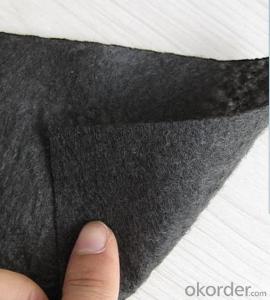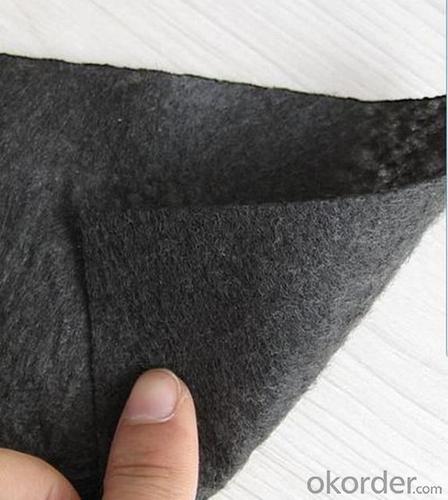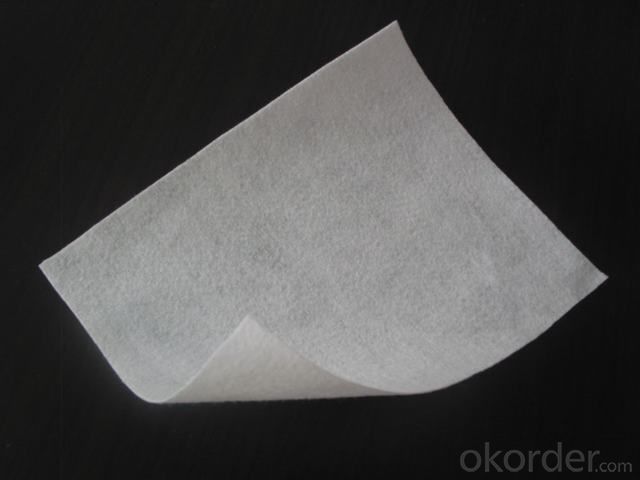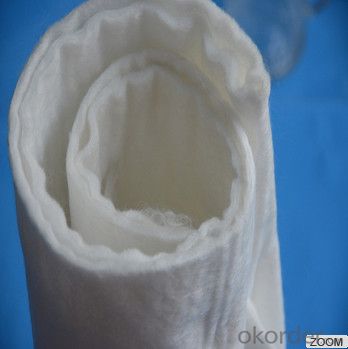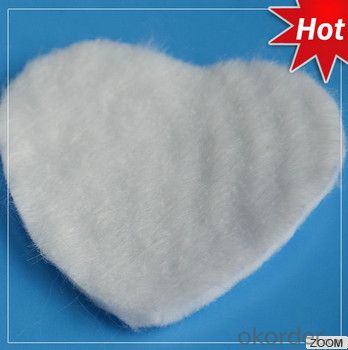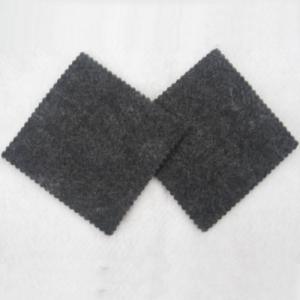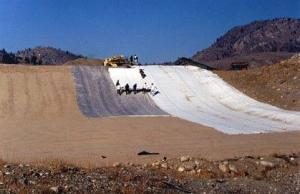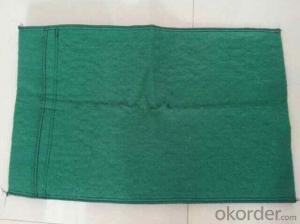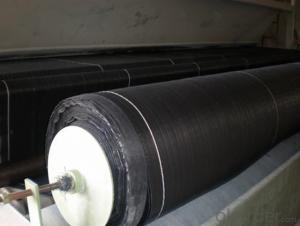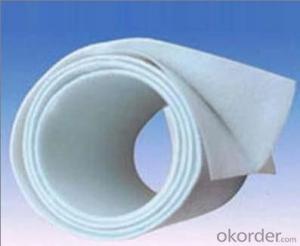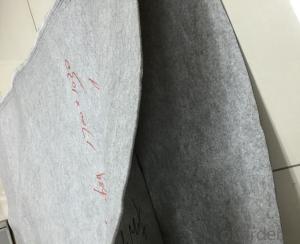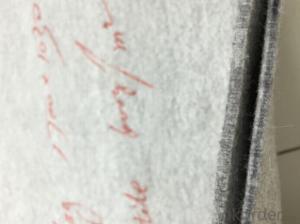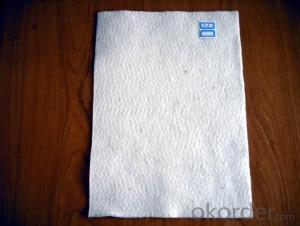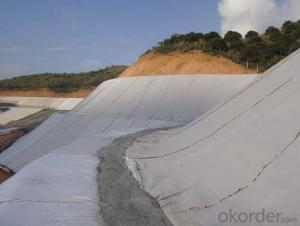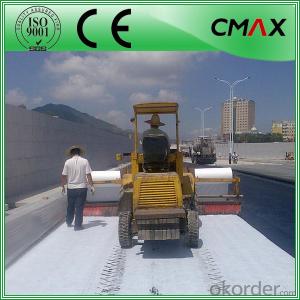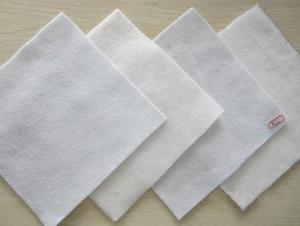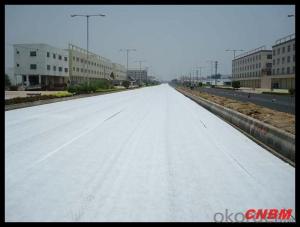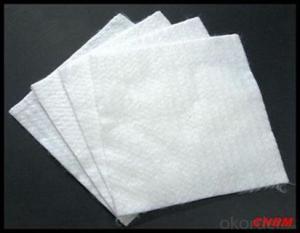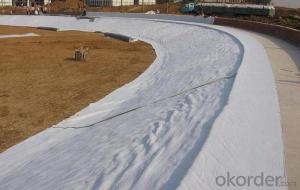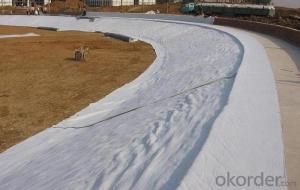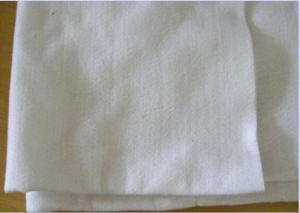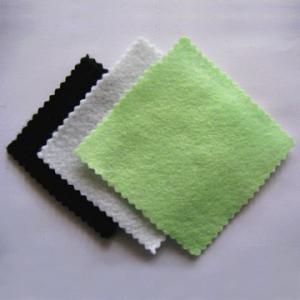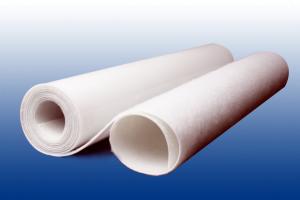Geotextile 06410 Polypropylene Geotextiles for River Construction
- Loading Port:
- Qingdao
- Payment Terms:
- TT or LC
- Min Order Qty:
- 20000 m²
- Supply Capability:
- 1500000 m²/month
OKorder Service Pledge
OKorder Financial Service
You Might Also Like
Specifications of Polypropylene geotextiles for River Construction:
1, Biggest Width: 6meter
2, Weight: about 1000gsm
3, Treatment: UV protect
Application of Polypropylene geotextiles for River Construction:
A: Subsurface drainage
B: Roadway separation
C: Hard armor underlayment
D:Asphalt overlay applications
Specification of Polypropylene geotextiles for River Construction:
Material | PP(polypropylene) or PET(polyester) |
Technics/process | Needle punched / thermally bonded |
Specification | 100g/m-1300g/m2 |
Width | 1m6m(as you demand) |
Length | 100m(as you demand) |
Colour | White, black |
Packing | PE film and woven cloth |
Load | According to your specification |
Payment terms | T/T or L/C |
Delivery time | Within 3 weeks |
Application | Geotextiles with various indicators of quality, with good stress -- strain and toughness, seepage performance and uniformity, and width, etc., And is applicable to roads, water, rail, mining dams, rivers, airports and other civil engineering, anyone in the works played reinforcement, segregation, filtration, filtration, drainage, and then extend the project life, reduced cost and easy construction, and it is easy to ensure the quality of the project. |
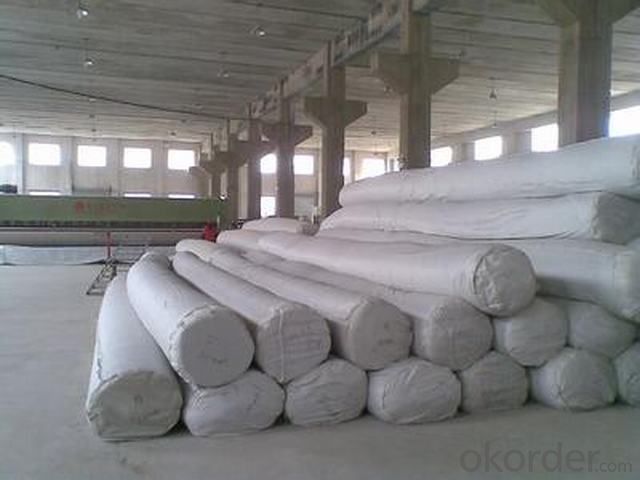
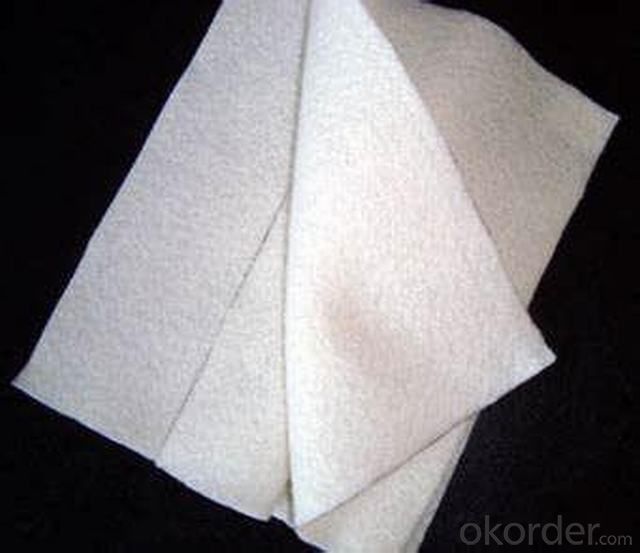
- Q: Are geotextiles resistant to punctures and tears?
- Yes, geotextiles are designed to be resistant to punctures and tears. They are made from durable materials that can withstand external forces and provide a high level of protection against damage.
- Q: What is geomembrane geomembrane, composite geomembrane
- Anti-seepage drainage of the site ah Geomembrane ah
- Q: Artificial lake geotextile practices
- Library and slope with a composite geomembrane all laying, I specialize in the production and construction of geotextile materials
- Q: What are the factors to consider when designing geotextile-reinforced walls?
- When designing geotextile-reinforced walls, there are several factors that need to be considered. Firstly, the strength and stability of the geotextile material itself is crucial. The geotextile should have sufficient tensile strength and durability to withstand the loads and pressures exerted on the wall. Secondly, the soil characteristics and properties must be thoroughly analyzed. Factors such as soil type, compaction, and shear strength are essential in determining the design of the reinforced wall. The slope of the site and the anticipated slope stability also play a significant role. The angle of inclination and the height of the wall will impact the design and reinforcement requirements. Additionally, proper drainage is vital to prevent water buildup and potential failure of the wall. The design should incorporate adequate measures to ensure effective water management and prevent hydrostatic pressure. Considering the environmental conditions is essential. Factors such as temperature variations, freeze-thaw cycles, and corrosive substances in the soil must be taken into account to ensure the longevity of the geotextile-reinforced wall. Lastly, construction techniques and maintenance requirements should be considered during the design phase. The ease of installation, access for maintenance, and potential future repairs should all be evaluated to ensure the practicality and sustainability of the reinforced wall.
- Q: Can geotextiles be recycled?
- Yes, geotextiles can be recycled. Geotextiles are typically made from synthetic materials such as polyester or polypropylene, which can be recycled and used to produce new products. Recycling geotextiles helps to reduce waste and conserve resources.
- Q: How do geotextiles improve the performance of shorelines?
- Geotextiles improve the performance of shorelines by providing erosion control, stabilizing the soil, and enhancing filtration. They act as a barrier against wave energy and currents, preventing the loss of sediment and minimizing erosion. Additionally, geotextiles help to reinforce and stabilize the shoreline, reducing the risk of land subsidence or collapse. Their permeable nature allows water to pass through while trapping sediment, reducing the accumulation of silt and pollutants. Overall, geotextiles play a crucial role in protecting and maintaining the integrity of shorelines.
- Q: Can geotextiles be used in coastal revetment projects?
- Yes, geotextiles can be used in coastal revetment projects. Geotextiles are commonly used in these projects to provide erosion control, stabilize the soil, and enhance the overall performance and longevity of the revetment system. They can help to prevent the loss of sediment, reduce wave energy, and provide stability to the structure by acting as a barrier between the soil and water.
- Q: Are geotextiles resistant to extreme temperatures?
- Yes, geotextiles are generally resistant to extreme temperatures. They are designed to withstand a wide range of temperatures, both hot and cold, without significant degradation or loss of performance.
- Q: With sand and gravel, geotextile do blind ditch how to construction
- Geotextile wrapped sand and gravel, play a role in filtering drainage, the equivalent of the use of blind ditch, Ji child irrigation twisted thieves ghost Creek Handan Huaxu geotextile material manufacturers
- Q: What are the different geotextile installation techniques in erosion control?
- There are several geotextile installation techniques used in erosion control, including trench installation, slope installation, and blanket installation. Trench installation involves placing geotextile fabric in a trench along the slope to prevent soil erosion. Slope installation involves placing geotextile fabric on the surface of a slope to stabilize the soil and prevent erosion. Blanket installation involves placing geotextile fabric over a large area, such as a construction site or a riverbank, to provide erosion control and sediment filtration. Each technique has its own advantages and is chosen based on the specific erosion control needs of the site.
Send your message to us
Geotextile 06410 Polypropylene Geotextiles for River Construction
- Loading Port:
- Qingdao
- Payment Terms:
- TT or LC
- Min Order Qty:
- 20000 m²
- Supply Capability:
- 1500000 m²/month
OKorder Service Pledge
OKorder Financial Service
Similar products
Hot products
Hot Searches
Related keywords
